Justification is also a gift of God, provided by His grace, through faith. Scripture supports this truth in both Romans 3:24 (“being justified freely by His grace through the redemption that is in Christ Jesus,”) and Titus 3:7 (“that having been justified by His grace we should become heirs according to the hope of eternal life”); and Romans 5:1 (“Therefore, having been justified by faith, we have peace with God through our Lord Jesus Christ”).
The process of the sinners justification is set forth in Scripture thusly, Christians receive Jesus as their Savior and Lord (“But as many as received Him, to them He gave the right to become children of God, to those who believe in His name” – John 1:12) and place their faith-filled trust in what Jesus did on the cross (“who Himself bore our sins in His own body on the tree, that we, having died to sins, might live for righteousness—by whose stripes you were healed” – 1 Peter 2:24), and in doing so, they are justified, declared innocent of their sins, by God.
There are some who would deny this clear scriptural teaching by adding a supplemental requirement to what God has done freely done by His grace, through our faith in Jesus' sacrificial death; and that supplemental requirement is works performed by the justified sinner. The Bible, however, refutes this false teaching. Romans 4:5 tells us, “But to him who does not work but believes on Him who justifies the ungodly, his faith is accounted for righteousness.” Clearly, no works, and no other requirement is needed to supplement what God has already done in full for the new believer.
Romans 4:5, it should be noted, is not the only passage in Scripture that supports justification by grace alone through faith alone (known also as Sola Fide, or “faith alone”), as the following verses clearly show:
“being justified freely by His grace through the redemption that is in Christ Jesus” – Romans 3:24
“For what does the Scripture say? 'Abraham believed God, and it was accounted to him for righteousness.'” – Romans 4:3
“But to him who does not work but believes on Him who justifies the ungodly, his faith is accounted for righteousness” – Romans 4:5
“Therefore, having been justified by faith, we have peace with God through our Lord Jesus Christ” – Romans 5:1
“Much more then, having now been justified by His blood, we shall be saved from wrath through Him.” – Romans 5:9
“And if by grace, then it is no longer of works; otherwise grace is no longer grace. But if it is of works, it is no longer grace; otherwise work is no longer work.” – Romans 11:6
The predominate voice speaking out against the word of God on the subject of justification by grace alone through faith alone, is the Roman Catholic church. In fact, the Roman Catholic church is so vehemently against what God so clearly teaches, that they have pronounced a curse against those who hold to this Scriptural teaching. At the Roman Catholic Council of Trent in 1546, the Roman church declared, “If any one saith, that by faith alone the impious is justified; in such wise as to mean, that nothing else is required to co-operate in order to the obtaining the grace of Justification, and that it is not in any way necessary, that he be prepared and disposed by the movement of his own will; let him be anathema” (Council of Trent, Canons on Justification, Canon 9).
And, “If any one saith, that man is truly absolved from his sins and justified, because he assuredly believed himself absolved and justified; or, that no one is truly justified but he who believes himself justified; and that, by this faith alone, absolution and justification are effected; let him be anathema.” (Canon 14).
The term “anathema” us in these two declarations is a formal curse declared by the Pope or a Roman church council, indicating they hold a particular doctrine, and those who hold to it, to be an abomination and worthy of complete excommunication from the church. By declaring these curses against the doctrine of justification by grace alone through faith alone, the Roman Catholic church has essentially declared a curse on Scripture, and by extension, God Himself as the author of Scripture.
In case you are thinking, hey, that curse was proclaimed in 1546, almost 500 years ago, surely they don't still believe that! The fact of the matter is, they do. The Roman Catholic church continues to this day to teach against the biblical doctrine of justification by grace alone through faith alone. In fact, many Roman Catholics who adhere to their church's doctrine of justification by faith plus works, almost always point to James 2:24 to support this false teaching.
James 2:24 reads, “You see then that a man is justified by works, and not by faith only.” At first glance it appears the Roman Catholic teaching is correct. However, in order to come to that conclusion, one must take that passage completely by itself, removing it from its immediate context (the surrounding verses), as well as its extended context (other verses in the Bible that speak on the same subject). As we can clearly see by the numerous passages from Romans, Titus, and 1 Peter quoted above; the James 2:24 passage seems to be in contradiction to the extended context. To resolve this apparent contradiction, we need to look at the passages immediate context, specifically verses 14-26.
In verses 14-17 James asks, “What does it profit, my brethren, if someone says he has faith but does not have works? Can faith save him? If a brother or sister is naked and destitute of daily food, and one of you says to them, “Depart in peace, be warmed and filled,” but you do not give them the things which are needed for the body, what does it profit? Thus also faith by itself, if it does not have works, is dead.”
Clearly, James is referring to a false faith that is completely devoid of substance; and more importantly, completely devoid of Christlikeness. That James is writing here to expose such a false faith is obvious when reading the rest of the immediate context, namely verses 18-26. And in verse 26 James concludes by saying, “For as the body without the spirit is dead, so faith without works is dead also.” James is not contradicting the statements of Peter and Paul noted above. No, he is actually supporting them by defining exactly what the faith they are referring to consists of. In other words, faith is not supplements by works as the Roman Catholic church and others claim; but rather, true faith is evidenced by good works. In fact, Paul also defines true faith in much the same way as James. In Acts 26:20, the Apostle writes, “but declared first to those in Damascus and in Jerusalem, and throughout all the region of Judea, and then to the Gentiles, that they should repent, turn to God, and do works befitting repentance.” and in Ephesians 2:8-10 he writes, “For by grace you have been saved through faith, and that not of yourselves; it is the gift of God, not of works, lest anyone should boast. For we are His workmanship, created in Christ Jesus for good works, which God prepared beforehand that we should walk in them.”
Note that Paul emphasizes that faith is the “gift of God, NOT of works” and the reason this is, is so that no one is able to boast about their faith or their works. Note also that Paul also tells us the works which result from true faith were prepared by God for us to do “beforehand,” indicating they were determined by God from before the creation of the world.
In conclusion, the Scripture very clearly teaches that we are saved (and thus justified) by grace alone, through faith alone, in Christ's all-sufficient sacrifice alone, and never of works; and that the resulting works are evidence of our salvation and justification. In other words, the good works of a true believer are the result of salvation and justification, but never the cause of salvation or justification.
One final note of clarification. There are many who take this issue and run in the exact opposite direction by saying once we are saved and justified, we can live in any manner we like, whether godly or sinfully. Some refer to this as “easy beleivism”. The actual term is “antonomianism,” and is a heretical belief the Apostle Paul addresses, and condemns, in Romans 6:1-2.
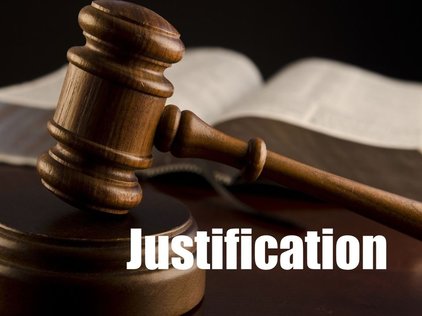

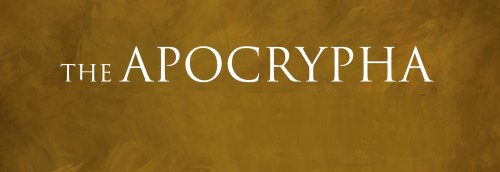
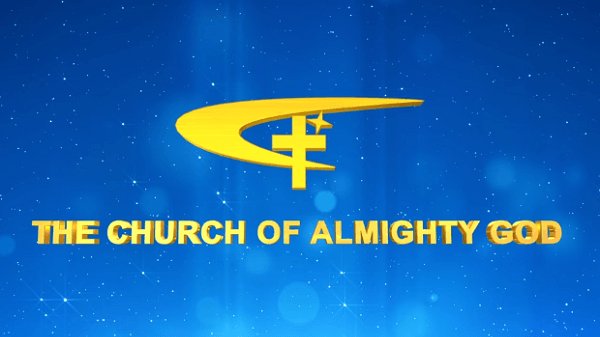
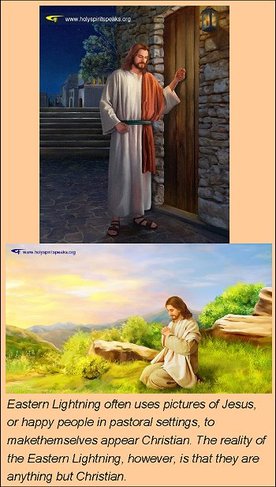

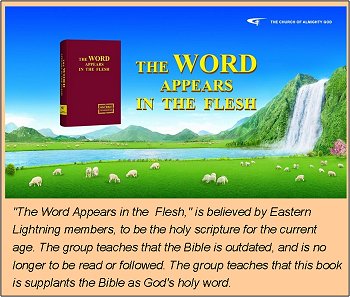
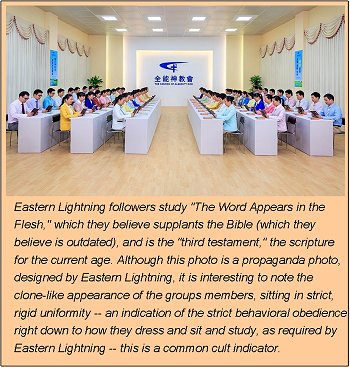
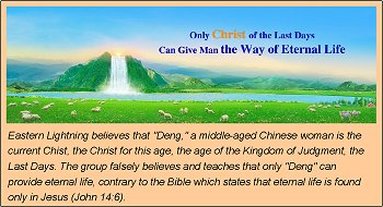
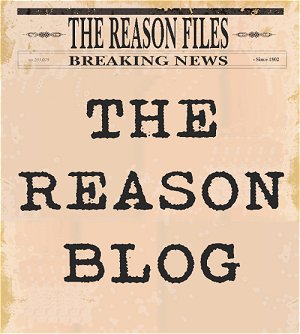
 RSS Feed
RSS Feed
